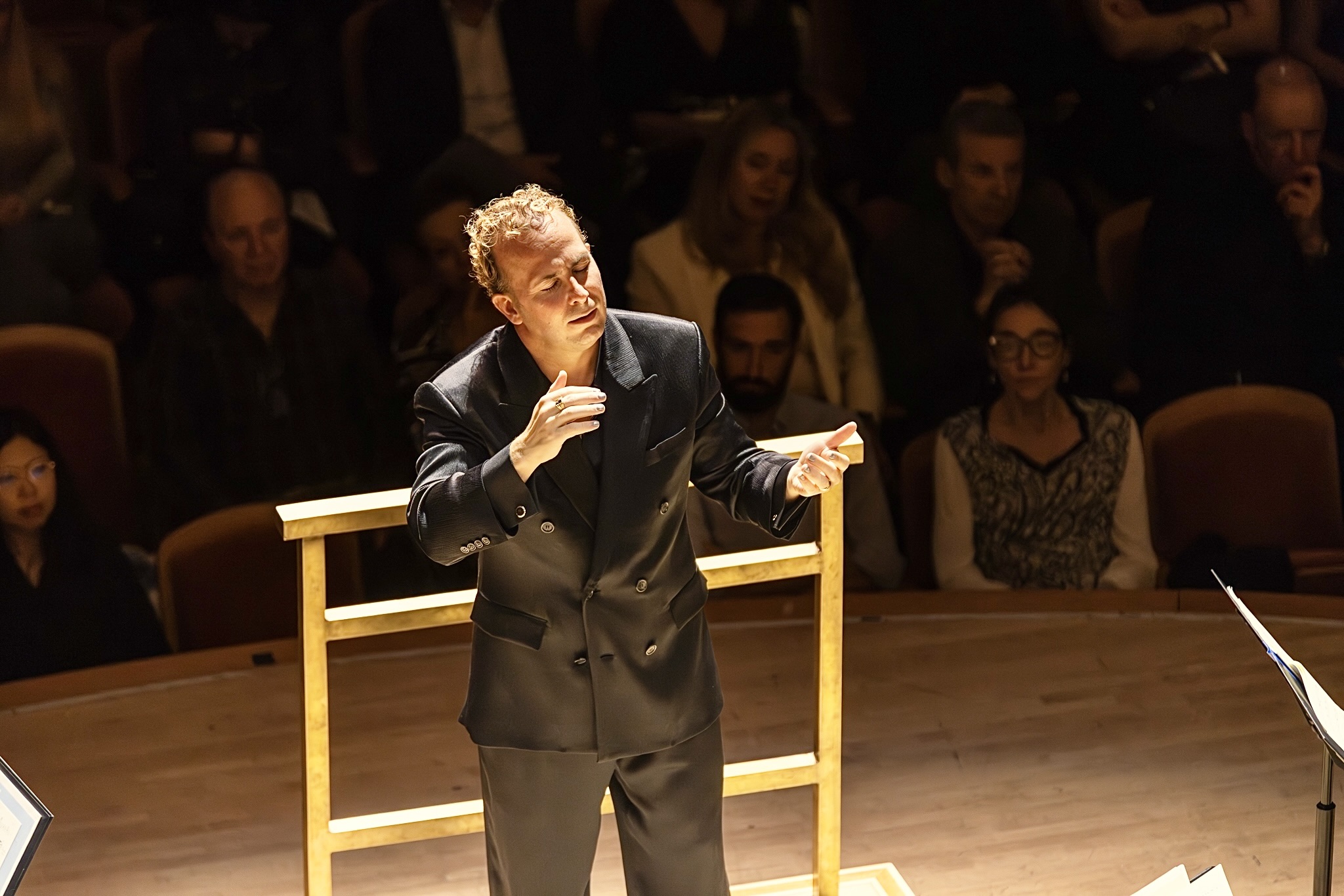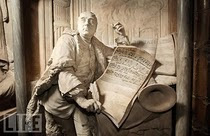miércoles, 14 de diciembre de 2011
Un poema de William Butler Yeats traducido por Juan Cueto-Roig
La Segunda Venida
Girando y girando en el vasto girar
el halcón no puede oír al halconero.
Las cosas se deshacen,
ceden los cimientos,
la anarquía se desata sobre el mundo,
una marea de sangre se desborda
y se extingue en todas partes el ritual de la inocencia.
Los mejores carecen de toda convicción,
mientras los peores
están llenos de fanática osadía.
Sin duda nos hallamos ante una revelación:
Sin duda la Segunda Venida se avecina.
¡La Segunda Venida!
Apenas pronunciadas las palabras,
cuando una horrenda imagen del Spiritus Mundi
conmueve mi visión:
en algún lugar en las arenas del desierto
una forma con cuerpo de león y cabeza de hombre,
una mirada vacía y despiadada como el Sol
está moviendo lentamente sus piernas,
mientras acechan por doquier las sombras
de las indignadas aves del desierto.
Las tinieblas descienden de nuevo,
pero ahora comprendo
que veinte siglos de impávido sueño
fueron trocados en pesadilla por el mecer de una cuna.
¿Qué infame bestia, cuya hora al fin ha llegado,
se arrastra hacia Belén para nacer?
The Second Coming
Turning and turning in the widening gyre
The falcon cannot hear the falconer;
Things fall apart; the centre cannot hold;
Mere anarchy is loosed upon the world,
The blood-dimmed tide is loosed, and everywhere
The ceremony of innocence is drowned;
The best lack all conviction, while the worst
Are full of passionate intensity.
Surely some revelation is at hand;
Surely the Second Coming is at hand.
The Second Coming! Hardly are those words out
When a vast image out of Spiritus Mundi
Troubles my sight: somewhere in the sands of the desert
A shape with lion body and the head of a man,
A gaze blank and pitiless as the sun,
Is moving its slow thighs, while all about it
Reel shadows of the indignant desert birds.
The darkness drops again; but now I know
That twenty centuries of stony sleep
Were vexed to nightmare by a rocking cradle,
And what rough beast, its hour come round at last,
Slouches towards Bethlehem to be born?
La traducción de este poema del irlandés William Butler Yeats (Dublín, 1865-Roquebrune-Cap-Martin, 1939) aparece en Esas divinas cosas. Tribulaciones y alegrías de un traductor (Silueta, Miami, 2011)
Cortesía: Diario de Cuba
Suscribirse a:
Enviar comentarios (Atom)

















.jpg)







No hay comentarios:
Publicar un comentario